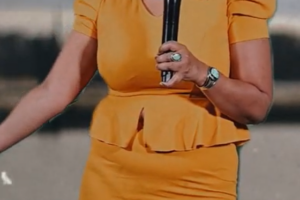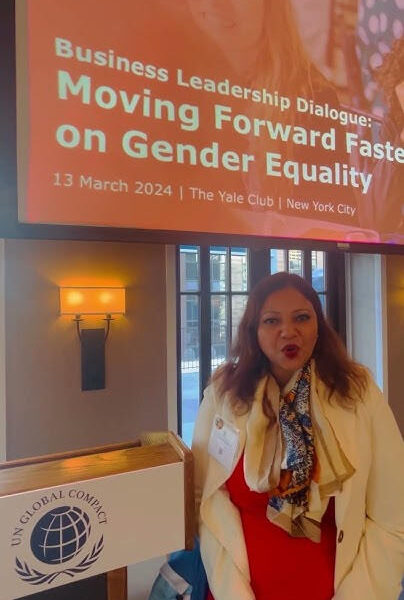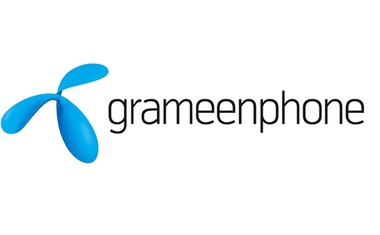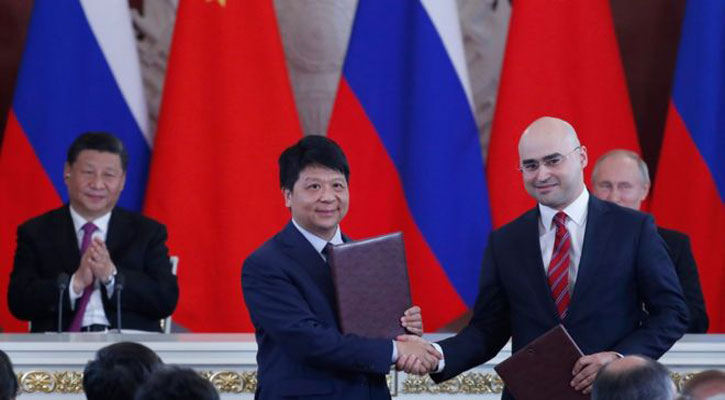European summits, jaded Englishmen have said, are like football: they go into extra-time, and the Germans always win.
For the journalists covering them, it is like commentating live on a match played behind closed doors: only partial information leaks out from self-promoting rival players, and even when it’s over, the final score is often far from clear.
Another high-stakes summit coming up on Wednesday is likely to be a replay of the same fixture 10 days ago, when British Prime Minister Theresa May sat in late-night talks with fellow EU leaders trying to delay Brexit until June.
Hundreds of journalists were gathered in the cavernous atrium of the Justus Lipsius Building, home to the European Council of EU national leaders.
For Reuters, the game starts days before such summits begin. Reporters tap their sources in capitals across Europe and EU institutions in Brussels, trying to work out who wants what from the meeting.
When the leaders file in, talking to cameras without translators in the 24 EU languages, our multilingual team relays their words instantly.
Once they’re in, the summit match starts in earnest.
Last month, May began the closed-door meeting by explaining her plans and taking questions from peers. She was looking for an extension to the Brexit deadline to give her more time to try to win backing from Britain’s parliament for her plan to exit the European Union.
The first sign of a story was that May’s presentation before she had to leave the room lasted well over an hour, much longer than previous such sessions. But was that good or bad for Theresa May?
One UK government source told us it had gone “OK”. But our sources among EU officials and national diplomats made clear in hushed conversations and text messages that it had gone “very badly” for her indeed.
A flurry of contradictory messages and rumours began to emerge. This is when reporters need to hold their nerve, when the urge to be quick can compete with the need to be right.
As the other 27 discussed May’s pitch among themselves, French President Emmanuel Macron was pushing to end the agony and get Britain out almost immediately. German Chancellor Angela Merkel urged caution. Europe’s power couple huddled with summit chair Donald Tusk, drafting and redrafting a response to Britain.
Outside the room, Bulgaria’s ambassador tweeted a picture, worthy of Caravaggio, of envoys crowding round one version on a screen.
Hours later, as reporters started preparing for yet another all-nighter, Reuters got word from upstairs of the breakthrough: a two-stage approach that might mean Brexit in May, or April. First word from one source a little after 10 pm meant rapid checks with others.
At nearly midnight, all was confirmed in a flurry of news conferences. By 2 am our final stories were published, a much earlier finish than some EU summits.
The days that followed brought the after-match analysis. British lawmakers and others denounced the beleaguered prime minister’s performance. May had managed to take the summit into extra time. But it was the French who took the initiative early on and, again, the Germans who ran out winners.






















